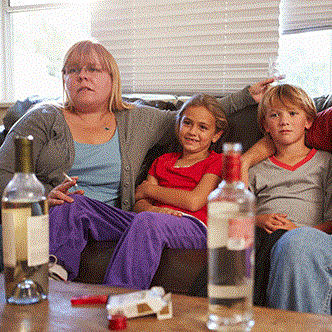
Even when parents limit their child’s exposure to secondhand smoke, children with parent smokers have increased risk of heart disease later in life, according to a study published in the journal Circulation.
The Cardiovascular Risk in Young Finns Study assessed the long-term impact of early smoking exposure on heart health. Although regular exposure to secondhand smoke increases risk for heart disease—the No. 1 killer of Americans—less is known about how exposure to passive smoke during childhood impacts adult health.
To learn more, researchers followed nearly 2,500 children for 26 years, tracking both their cardiovascular health and exposure to secondhand smoke. At the start of the study, researchers used blood tests to measure the level of nicotine in the participants’ blood and questioned parents about their child’s level of exposure to cigarette smoke. More than two decades later, investigators then used an ultrasound to measure plaque build-up in the arteries of participants. Plaque is a waxy substance that can build up in the heart’s arteries, causing heart disease and increasing risk of heart attack.
After analyzing results, researchers found that children with at least one parent smoker were 70% more likely to develop plaque than those with non-smoking parents. However, children whose parents shielded them from secondhand smoke had healthier arteries than children with higher levels of smoke exposure. Children with no detectable levels of nicotine in their blood had 60% increased risk of plaque build-up later in life, while those with substantial smoke exposure were four times as likely to have plaque build-up compared to those with non-smoking parents.
The take-home message of this study is that there is no safe level of exposure to cigarette smoke, especially in childhood. Research continues to show that exposure to secondhand smoke has lasting health effects, even for children who do not become smokers themselves. That’s why raising children in a smoke-free household is important to promoting good health. But for parents who do smoke, practicing good smoking hygiene—like not smoking in the house—may help lessen their child’s risk of developing heart disease later in life.